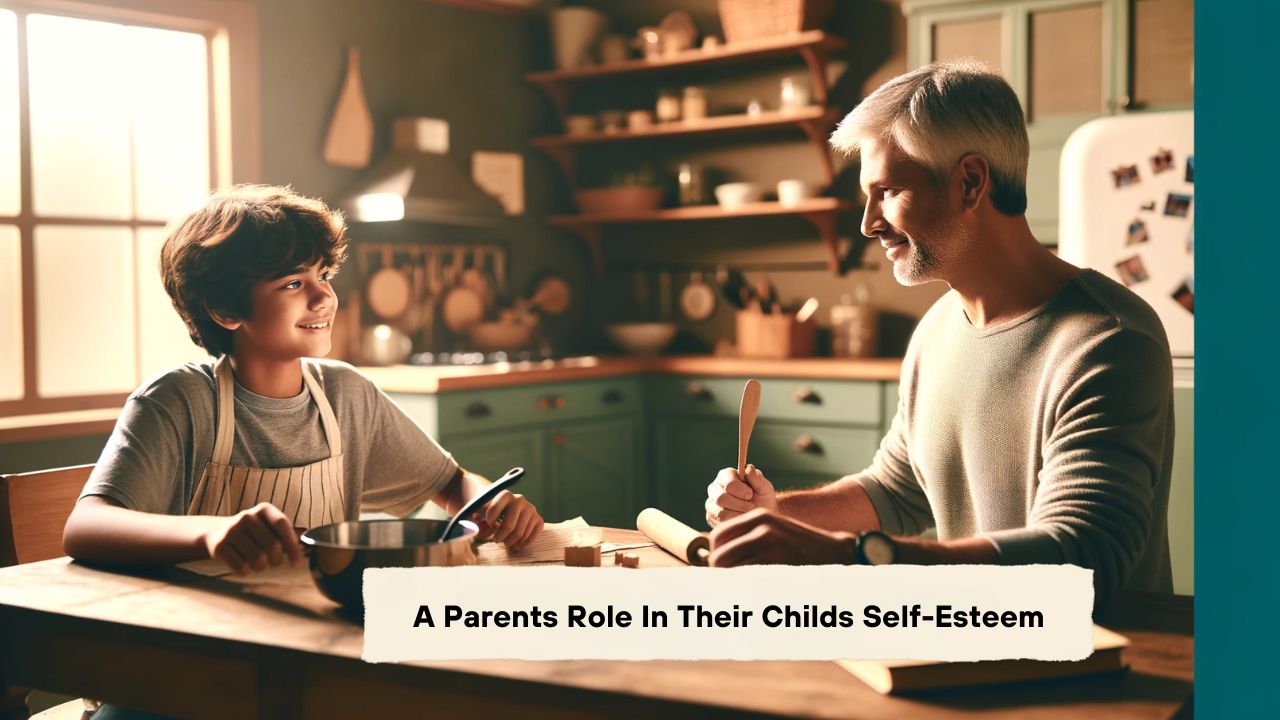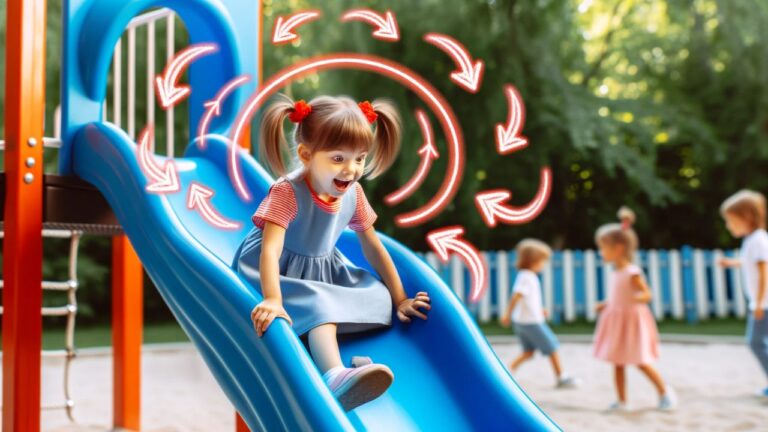Effective Strategies for Building Self-Esteem in Tweens

In the delicate transition from childhood to adolescence, tweens face a myriad of challenges that can significantly impact their self-esteem. As they navigate this critical stage, the role of parents becomes paramount in guiding and supporting their emotional and psychological well-being.
This article, drawing insights from experts like Rutger C. M. E. Engels from (The Book Child and Family Studies) and incorporating best practices, aims to provide parents with effective strategies for building self-esteem in tweens.
By focusing on key aspects such as supporting their unique skills, paying attentive listening, fostering additional sources of support, allowing them to experience failure, and modeling positive behavior, parents can play a decisive role in nurturing resilience and a positive self-image in their tweens.
With the right approach and mindset, parents can help their tweens develop a robust sense of self-worth that will serve as a strong foundation for their teenage years and beyond.
Building Self-Esteem in Tweens
Building self-esteem in tweens is a delicate yet crucial process. It involves more than just occasional praise; it requires a consistent effort to recognize and celebrate their unique qualities and achievements. As parents, acknowledging the diverse skills and talents of your tween, whether in academics, sports, arts, or any other area, plays a significant role in how they perceive their worth.
For instance, if your family traditionally values academic achievement but your child excels in sports, it’s essential to show equal appreciation for their athletic prowess. This balanced approach helps tweens understand that their value isn’t tied to a single aspect of their identity but is a reflection of their multifaceted capabilities.
By broadening the scope of what is considered valuable and worthy of praise, parents can foster a more inclusive environment that nurtures their tween’s self-esteem in various aspects of their life.

Listen and Pay Attention as has a huge impact
The simple act of listening attentively can have a profound impact on a tween’s self-esteem. In a world where distractions are abundant, giving your child undivided attention, even if it’s just for a short period, can make a significant difference.
Active listening involves more than just hearing their words; it’s about engaging with their thoughts, feelings, and experiences without judgment or immediate advice. This approach helps tweens feel valued and understood.
When parents listen in this manner, they not only strengthen their bond with their child but also reinforce the child’s sense of self-worth. By showing genuine interest in their lives and reflecting their feelings back to them, parents can create a safe space where tweens feel comfortable expressing themselves.
This nurturing environment is pivotal in building their self-esteem and resilience, preparing them for the challenges they may face.
Encourage Additional Sources of Support Through networking
While parental support is indispensable, tweens also benefit greatly from having a diverse network of supportive relationships. Encouraging your tween to develop meaningful connections with adults outside the family, such as teachers, coaches, or mentors, can significantly boost their self-esteem.
These additional sources of support offer different perspectives and can provide guidance and validation that complements what parents provide. It’s also beneficial for tweens to have positive peer relationships. These connections help them learn social skills, experience a sense of belonging, and gain confidence in their ability to interact with others.
However, parents need to allow tweens to form these relationships organically, rather than forcing them, to ensure they feel a sense of autonomy and competence. A rich tapestry of supportive relationships can create a strong safety net for tweens, helping them navigate the complexities of this developmental stage with greater confidence and self-assurance.
Let Them Fail Often
One of the most challenging yet essential lessons for tweens is learning to cope with failure. As parents, it’s natural to want to shield your children from disappointment, but allowing them to experience setbacks is crucial for building resilience. Failure is not just an inevitable part of life; it’s a valuable teacher.
When tweens learn to face challenges and overcome obstacles, they develop a sense of competence and strength. Parents need to provide support and encouragement during these times, helping tweens understand that failure is a stepping stone to success, not a permanent state.
By embracing failure as a learning opportunity, tweens can grow in confidence and develop a resilient mindset that will benefit them throughout their life.

Be a Good Role Model
The influence of parental behavior on tweens’ self-esteem is immense. Tweens learn about self-worth not just through words but significantly through observation of adult behaviors around them.
Demonstrating healthy self-esteem involves more than avoiding negative self-talk; it encompasses a range of behaviors that parents can actively model to positively influence their child’s perception of themselves. Here are some key behaviors that can help:
By incorporating these behaviors into daily life, parents can provide a strong, positive example for their tweens. This proactive approach in modeling can greatly reinforce the development of healthy, robust self-esteem in tweens.
Final Takeaway: Empowering Tweens and Their Parents
In conclusion, the journey to building self-esteem in tweens is a multifaceted endeavor that requires patience, understanding, and proactive engagement from parents.
By encouraging tweens to value their skills, providing attentive listening, fostering additional sources of support, allowing them to experience and learn from failure, and being a good role model, parents can significantly influence their tween’s self-perception and resilience.
The strategies discussed in this article are not only about nurturing self-esteem in tweens but also about strengthening the parent-child relationship, which is the foundation for a tween’s emotional and social development.
As parents implement these approaches, they not only help their tweens build a positive self-image but also set the stage for their successful transition into confident and resilient adolescents.






